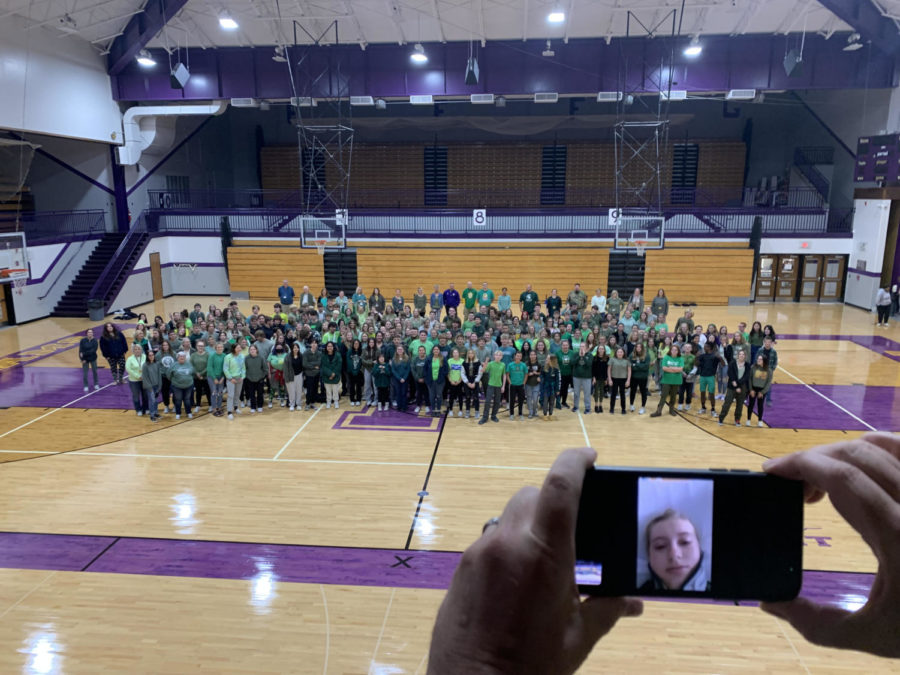Welcome back to the Game Shop. I apologize for the delay; I have been distracted with watching football and writing for the Paolite. The last time around, I talked about digital distribution. This time, I want to go back in history and talk about the great video game crash of 1983, and how it has affected the industry to this day.
In 1983, video game revenues peaked at around $3.2 billion. In 1985, that same revenue dropped to $100 million. That is almost a 97% drop in money earned from the video game industry.
The North American Video Game Crash occurred from 1983 to 1985. It brought a sudden end to the second generation of home console video game systems. Consoles in the second generation include the classic Atari 2600, Atari 5200, Mattel Intellivision and the Magnavox Odyssey2.
The crash was mainly caused by an extreme over-saturation of the video game market. There were just too many bad games out there. There were no standards for video games. The games did not have to go through any certification. They did not have to be rated by, for example, the Entertainment Software Rating Board (ESRB).
The ESRB was brought around in 1994 due to the increase in violent video games. Games like Mortal Kombat and Doom featured intense gore and violence that had not been seen in generations of games before.
Consumers had no confidence in video games during the crash. Anyone could make a bad game and sell it in stores with no problems whatsoever.
However, in 1985, a company called Nintendo decided to release their console to North America. Known as the Famicom in Japan, the Nintendo Entertainment System (NES) revitalized the video game industry in North America.
Nintendo anticipated, and encouraged, third-party developers (developers outside of Nintendo) to make games for their system. Thanks to the knowledge of what caused the crash, they installed an authentication chip in their console, and only loaded a cartridge if it had the counterpart to the authentication chip.
Third-party developers could only sell their games by signing a contract with Nintendo, which required the developers to make games exclusively for their system, order at least 10,000 cartridges, and only make five games per year.
This is one of the two long-term effects of the crash. Nintendo started using measures to control third-party development. Every company and video game console since then has implemented licensing agreements and lockout security systems in their consoles.
The other long term effect is the switch of dominance of home video game systems. Originally belonging to the United States, Japan began to dominate video games. The order is becoming balanced only just recently.
The aftermath of this crash is a safer and more secure gaming industry for the world’s people to enjoy for years to come. With the increase in technological capabilities, games can only get better. With history and experience for companies and consumers to use from the video game crash of 1983, everyone benefits.
Thank you for reading the Game Shop. I hope you learned a little video game history from my lecture. Tune in next time, when I talk about Telltale’s series The Walking Dead. Until then, stay classy my friends.
Blog by Ron Compton





